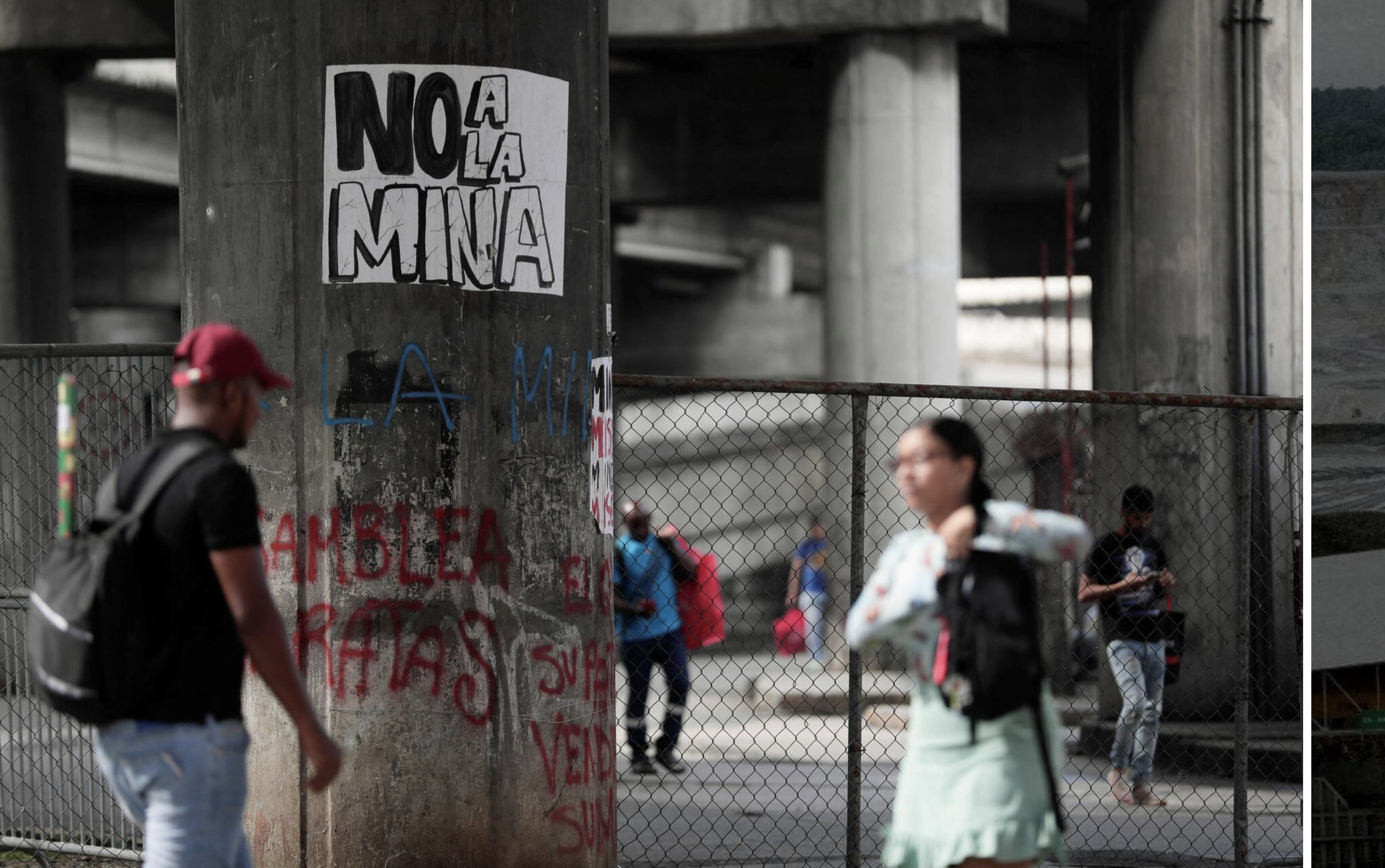The mining investment dispute between First Quantum Minerals and Panama

Fuente: Reuters
On November 27, 2023, the Supreme Court of Justice of Panama, in Plenary Session, declared Law No. 406, dated October 20, 2023, unconstitutional. This law approved the copper concession contract between Panama and Minera Panamá, S.A., an affiliate of First Quantum Minerals (FQM).
This marks the second annulment of the Cobre Panamá concession. In a December 21, 2017 ruling, the Supreme Tribunal declared the annulment of Law No. 9 (February 26, 1997), which approved the mining production concession. However, this ruling was not published in the Official Gazette until 2022. Following the ruling’s publication, the Industry and Commerce Ministry ordered measures to suspend the mining operations. Consequently, in December 2022, the company initiated two arbitration procedures based on the mining concession and the Panama-Canada Free Trade Agreement (FTA).
In any case 2023, the Executive negotiated a new concession agreement approved under Law No. 406. After several protests based on environmental challenges, the Supreme Tribunal decided.
Based on this new controversy, on December 1, FQM announced new arbitration claims based on the November 27, 2023 ruling.
The two arbitration claims
FQM initiated parallel arbitrations based on contract breaches and treaty violations. The scope of these arbitrations, as explained elsewhere, is different: While contractual arbitration can only address contractual breaches, treaty-based arbitration can consider other measures adopted by the Government related to mining rights, including the Supreme Tribunal.
The contractual arbitration is based on Clause XVI of the mining concession, which defines international arbitration based on the International Chamber of Commerce rules as a settlement dispute mechanism. The place of the arbitration is Miami (Florida). Precisely, on November 29, Minera Panama filed an arbitration claim based on that clause (although the press release by FQM identifies it as an “International Court of Arbitration” dispute, which is not the case).
On November 14, FQM filed the trigger letter for the treaty-based arbitration. According to Chapter 9.22 of the FTA, the parties must hold negotiations within the next 30 days. Hence, if a negotiation is not reached by December 14, 2023, FQM can file an arbitration claim.
One of the claims that could be filed is the violation of the expropriation standard (Chapter 9.11), considering that the Government of Panama expropriated mining rights, owing compensation based on the fair market value of the mine. Also, FQM could argue the violation of fair and equitable treatment based on Chapter 9.06.
What to expect
Should the Government of Panama and Minera Panama fail to reach an agreement facilitating ongoing mining operations, the dispute will be resolved through the two parallel arbitration procedures initiated. Oil and mining arbitrations could end in multi-billion compensation awards, as demonstrated by the Venezuelan experience.
Additionally, if the copper production of the mine is not resumed, the gross domestic product (GDP) growth could fall between 1% and 2% next year (from an original 5% estimation). The economic consequences of this dispute could be even more significant, given that copper is regarded as a critical mineral crucial for advancing the decarbonization of the economy.